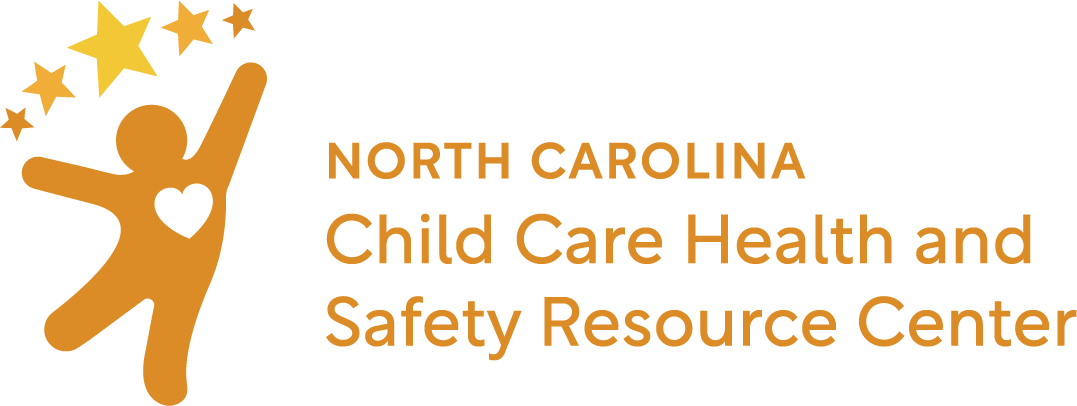Emergency medication – Epinephrine auto-injectors for emergency use
Be prepared to respond when someone without a prescription for epinephrine experiences a severe allergic reaction.
About severe allergic reactions
A sudden, severe allergic reaction is called anaphylaxis (anna-fih-LACK-sis)[1]. It can occur suddenly and worsen quickly. Approximately 22% of anaphylactic events happen to children or adults who do not have known allergies. If left untreated, or if treatment is delayed or inadequate, anaphylaxis can lead to death. Having epinephrine available is a critical part of being prepared for emergencies.
Symptoms of anaphylaxis may include:
- trouble breathing, hives, or swelling
- tightness of the throat, hoarse voice
- nausea, vomiting, diarrhea, abdominal pain
- dizziness, fainting, and/or rapid heartbeat
Epinephrine is the drug of choice for the treatment of anaphylaxis[2]. It should be given as soon as symptoms of anaphylaxis occur.
Children without a known allergy
North Carolina General Statute 90-21.15A[3] allows child care facilities to provide first aid for a child or adult without a known allergy who experiences anaphylaxis. This law allows health care providers to prescribe epinephrine auto-injectors in the name of the child care facility.
It also specifies that child care facilities can
- acquire,
- stock, and
- administer epinephrine auto-injectors when a child (or adult) without a known allergy experiences anaphylaxis.
To give epinephrine the early educator must
- have completed training on administering epinephrine and
- believe, in good faith, that a child or adult is experiencing anaphylaxis.
The early educator can
- give epinephrine to an adult to self-administer,
- give epinephrine to a parent/guardian to administer to their child, or
- administer epinephrine to a child.
In addition, NC Child Care Rules[4] allow early educators to administer medication to a child without parental authorization when all of these conditions are true:
- it is an emergency medical event
- the child’s parent/guardian is unavailable
- the medication is administered with the authorization of and in accordance with instructions from a medical care provider.
NC General Statute 90-21.15A protects child care facilities and early educators who are trained and who administer epinephrine from criminal liability and civil action suits.
The law does not require a child care facility to acquire, possess, store, make available, or administer epinephrine. It protects them if they choose to be prepared to provide first aid for anaphylaxis.
Required Training
If a child care facility stocks an epinephrine auto-injector for use in a person without a previously known allergy, the early educators designated to administer epinephrine must complete training.
This mandatory training[5] must cover:
- Signs and symptoms of severe allergic reactions, including anaphylaxis
- Standards and procedures for storage
- Administration of an epinephrine auto-injector
- Emergency follow-up procedures
To find training, contact the Child Care Health Consultant (CCHC) in your community or contact the NC Child Care Health and Safety Resource Center.
resourcecenter@unc.edu
Children with a known allergy
NC Child Care Rules[6] require child care facilities to have written procedures to care for children with known severe allergies. Facilities should have on file:
- Medical Action Plan
- Signed Medication Administration Permission from a parent or guardian
- An epinephrine auto-injector prescribed for the child
Early educators who care for children with known severe allergies should complete training on how to administer epinephrine.
Storage
Facilities must maintain and store epinephrine according to instructions from the manufacturer and NC Child Care Rules.
Epinephrine is an emergency medication, where a delay of administration by only a few minutes can have serious consequences. In North Carolina, certain emergency medications including epinephrine are an exception to the rule requiring medication to be stored in a locked container. Child care facilities should store epinephrine auto-injectors out of reach of children, at least 5 feet above the floor, in an unlocked container. This allows for easy access in an emergency.[7]
Facilities must designate staff to be responsible for storage, maintenance, control, and oversight of the epinephrine auto-injectors.
[1] Conditions and Treatments – Anaphylaxis; American Academy of Allergy, Asthma, and Immunology
[2] Epinephrine: The Drug of Choice for Anaphylaxis–A Statement of the World Allergy Organization
[3]NC GS 90-21.15A. Emergency treatment using epinephrine auto-injector; immunity
[4] 10A NCAC 09 .0803 and .1720, NC Child Care Rules
[5] Division of Child and Family Wellbeing, Anaphylaxis Training Program
[6] 10A NCAC 09 .0801 and .1721, NC Child Care Rules
[7] 15A NCAC 18A .2820(d) (centers) and 10A NCAC 09 .1719 (a)(5) (family child care homes)
